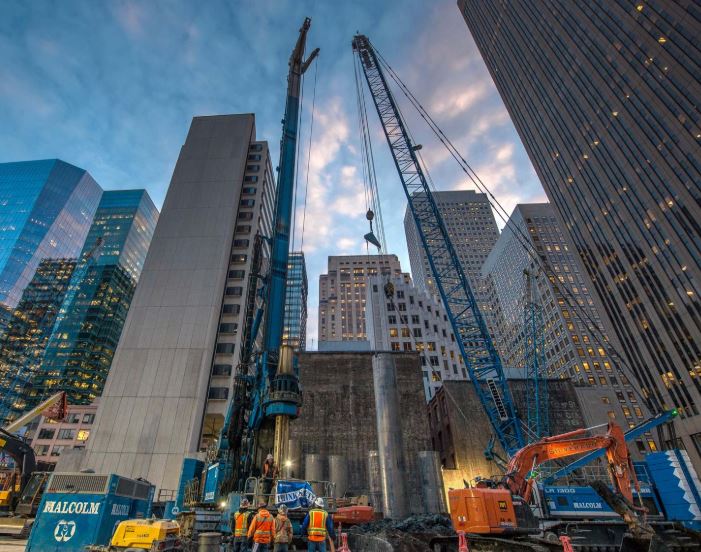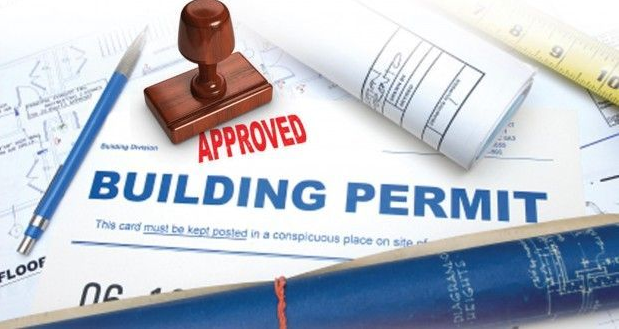State Law Changes to ADUs Incorporated into Planning Code
Early this year, state law changed to allow additional flexibility in adding Accessory Dwelling Units (“ADUs”) to existing and proposed housing. In May, some of those changes were incorporated into Planning Code Section 207. Additional changes to align the Planning Code with state law are expected soon.
The changes to the ADU program include an allowance for construction of ADUs in single family homes or detached auxiliary structures on the same lot. The Code changes allow for single-family “no waiver” ADUs under Section 207(c)(6), but limit expansion of the envelope of the single-family home or auxiliary structure for the ADU to 1,200 square-feet. State law also allows a Junior ADU (“JADU”) of no greater than 500 square-feet to be developed within the existing or proposed primary residence in addition to an ADU. Therefore, under the new state law, every lot can have at least three units. Single-family ADUs will require posted notice at the site, even if the ADU is built entirely within the envelope of an existing building.
“Waiver” ADUs for single family homes and ADUs in multifamily buildings are regulated by Section 207(c)(4). For lots that have four or fewer existing dwelling units or where the zoning would permit the construction of four or fewer dwelling units, one ADU is permitted. For lots that have more than four existing dwelling units or are undergoing seismic retrofitting, or where the zoning would permit the construction of more than four dwelling units, there is no limit on the number of total ADUs permitted, subject to restrictions for prior evictions. No minimum lot size is required for construction of an ADU.
Under Section 207, ADUs may be constructed in the buildable area of a lot, be converted from auxiliary structures, or be built within the envelope of an existing residential building. For auxiliary structures, dormers may be added even if the structure is within the required rear yard. The new state law also allows construction of a new detached unit, not otherwise subject to local development standards, if it is not more than 800 square feet, no more than 16 feet in height, and provides four-foot side and rear setbacks. In San Francisco, ADUs are not to be constructed from space within an existing dwelling unit, except that an ADU may expand into habitable space on the ground or basement floors if it does not exceed 25% of the gross square footage of the space. This limitation may be waived by the Zoning Administrator if waiver helps with the layout of the proposed ADU.
In an effort to incentivize creation of new units, ADUs of up to 750 square feet are now exempt from impact fees by state law. ADUs of 750 square feet or larger are only subject to impact fees proportional to the size relationship of the ADU to the primary dwelling. In addition, ADUs are not required to be sprinklered where the main unit is not required to be sprinklered.
Finally, state law now requires processing of ADU applications within 60 days. However, many property owners have experienced delay based on when the City deems a project application “complete.” The Planning Department continues to refine its procedures for ADUs, and we hope that property owners will encounter less red tape than they did in the past.
DBI (Department of Building Inspection) Implements Electronic Processing and Over-the-Counter Permits
COVID-19 has pushed DBI to implement its long-planned transition to electronic processing of permits. Electronic Plan Review (“EPR”) has a new online portal for building permit submittals that allows EPR through Bluebeam. For permits previously started in paper, DBI is evaluating the need to convert to EPR on a permit-by-permit basis. Conversion to EPR has resulted in delays as electronic submittals are processed, but should allow more efficient simultaneous review once permits move forward.
DBI has also restarted processing Over-the-Counter (“OTC”) permits. On June 24, DBI began offering OTC curbside services in coordination with its permitting agency partners (Public Works, Planning, Fire, and the Public Utilities Commission). Curbside services are offered from 7:30 a.m. to 4:30 p.m. Monday through Friday, including the following:
• Drop-in service for OTC without plans for up to two permits is available for up to 30 people per day between 7:30 a.m. and 9:30 a.m. Starting at noon on Fridays, Eventbrite tickets are available for the following week’s slots.
• Previously submitted electronic OTC permits with plans are being processed by appointment between 9:30 a.m. and 3:30 p.m., with appointments prioritized by length of time in the queue. Currently, DBI is processing permits submitted electronically between 6/1/2020 and 6/14/2020; new applications for OTC permits with plans are to be submitted electronically and added to the queue.
• Drop-in permit pick-up will be available throughout the day after DBI alerts a customer that a permit is ready. To use these OTC services, customers must arrive with forms complete and must wear face masks and stay six feet apart.
The following types of permits may be processed OTC:
Over-the-Counter without Plans
• Re-roofing
• Repair decks and stairs (less than 50%)
• Replacement windows (same size and same locations)
• Replacement garage doors
• Minor dry rot repairs
• Exterior siding repairs or replacement
• In-kind kitchen remodel (no changes to floor plan or walls)
• In-kind bathroom remodel (no changes to floor plan or walls)
Over-the-Counter with Plans
• Kitchen remodel (changing floor plans/walls)
• Bathroom remodel (changing floor plans/walls)
• Residential interior remodel (changing floor plans/walls)
• New windows and exterior doors
• Decks less than 10 feet above grade that meet Planning Code setbacks
• Sign permits
• Commercial tenant improvement projects
• Office or other B occupancy remodels
• Power door operators
• Permits to comply with the Accessible Business Entrance (“ABE”) program
• Voluntary seismic upgrades
• Disability access barrier removal
• Projects that do not require Planning Department neighborhood notification
Expect delays. DBI is currently processing permits submitted more than a month ago and will be closed to OTC permit processing for several days during the next few weeks while it moves its offices. Also, this is a pilot program that is subject to change as DBI continues to adapt to electronic filing and limited in-person services in the COVID-19 era. Check DBI’s website for the latest information about OTC processing.
Authored by Reuben, Junius & Rose, LLP Attorney Jody Knight.
The issues discussed in this update are not intended to be legal advice and no attorney-client relationship is established with the recipient. Readers should consult with legal counsel before relying on any of the information contained herein. Reuben, Junius & Rose, LLP is a full service real estate law firm. We specialize in land use, development and entitlement law. We also provide a wide range of transactional services, including leasing, acquisitions and sales, formation of limited liability companies and other entities, lending/workout assistance, subdivision and condominium work.






